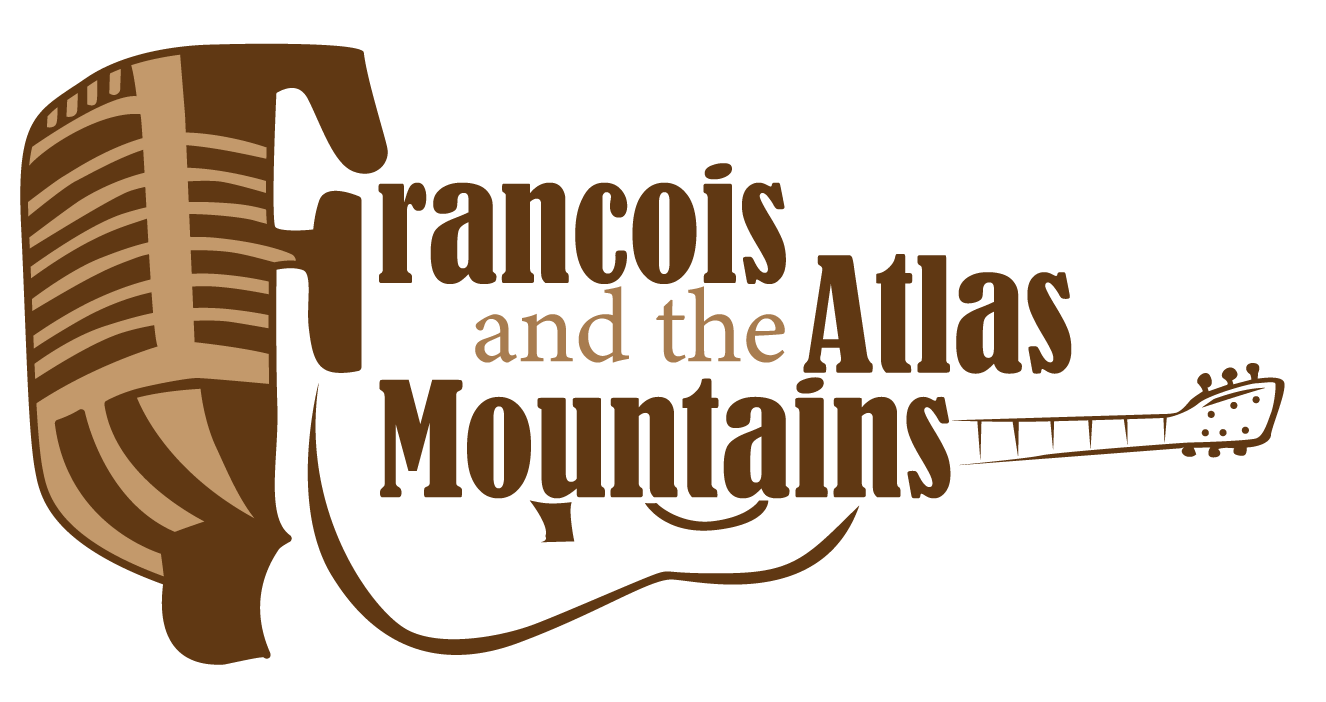5 Tips for Protecting Your Musical Works
Like most intellectual works, musical works can be stolen or used without appropriate approval from their owners. If intellectual property theft goes unpunished, it’ll encourage more people to steal people’s efforts and even profit from them.
An artist must ensure their intellectual properties are protected to ensure their intellectual properties remain valuable. Safeguarding your musical work as an artist starts when you write or record the content of your songs.
Music lovers equally have a role to play in helping protect the music of their loved artists. Reporting any identified content theft will go a long way to curb further occurrence.
Protect Your Work with copyright
Your work is your intellectual property, and immediately you write or record it, you gain copyright over them. copyright gives you the right to distribute and commercialize all your work and makes it mandatory for people to obtain your permission before using your songs.
Obtaining copyrights, however, goes beyond just making music. While putting it in a medium, such as a storage drive or just writing it down gives you the copyright, you must make your ownership of your works legitimate.
Your ownership of copyright has more advantages if you register it with the copyright office. It means you can challenge any violation in court and receive compensation. The process involves paying a fee to the office. If you’re duly registered, your ownership of the copyright will last for a specific period.
Slam Down Your copyright on all Your Music
Whichever format you’re using to produce your music, ensure your copyright symbols get inscribed on every piece of your work. Each content type must follow the conventional way of indicating copyright. Sound recordings use ℗, and writings such as song lyrics use © to indicate copyright protection.
Indicating copyright protection for your works would affect how people abuse your music. Many people will not tamper with your intellectual property if they know it’s protected and could lead to legal battles.
Provide a means for anyone seeking permission to use your music to make contact. Those with a genuine reason for using your work should be allowed access, provided such persons follow the appropriate approach for using your songs.
Take Protective Actions Against Piracy
Piracy has been a cause for worry for a long time in the music industry. It seems to evolve with time and remains a cause for concern for musical artists and professionals in other sectors.
Different agencies and individuals have continued to make efforts to eliminate all forms of piracy. Actions like the early leak of artists’ songs or mixing their tracks without prior permission can constitute piracy of their work.
Little acts of carefulness like securing your storage drives, ensuring your recording studio is safe, among others, can help safeguard your work and keep them away from being pirated. However, things like the earlier leak of your songs or mixing some of your tracks with other artists’ tracks can help you with publicity. It’s advisable to consider the benefits and losses when making your decisions.
Some technologies can equally help protect your songs from pirates. Things like visual and audio watermarks, which permanently imprint an indelible trademark on your audios or videos, can help keep your work safe. Using a consistent brand on all your songs will help people identify pirated copies of your music.
Closely Follow Online Distribution of Your Songs
You can use tools like google alerts to track how people are distributing your music online. It’ll help you identify any unauthorized usage and sharing of your content.
Google alerts work by setting specific search terms and having google send you notifications when any new post online match the search terms you specified. The information you receive will help you determine how much content is shared and the actions you should take about them.
To be effective, you must daily check for any new posts or uploads on any website matching your intellectual property. When you find one and decide the content should obtain permission, you must contact the publishing website owner to take your content down. However, you may determine the information shared is to your advantage and decide to let them stay.
Extra security measures like using Lifelock and Norton security features would help protect your online presence and activities.
Protect Your Mental Well Being
Watching your intellectual property spread everywhere by people you can’t identify can be mentally draining, especially when no one obtained your permission. It’s your responsibility to ensure you don’t let yourself get overwhelmed.
When it starts to get unbearable, it’ll be wise to take some break and take care of yourself. Talk to friends in the industry who could have gone past your current experiences. They can help walk you through getting past your challenges.
Seek medical support from experts when the need arises. You can get some of the best medical alert systems to help you quickly notify your doctor when you need medical help. Protecting your mental well being may not be directly related to protecting your musical works but it is more on protecting yourself so you can keep on making music as well as protect it.
Conclusion
If you have sufficient evidence of an infringement on your copyrights, the court is your trusted avenue for seeking redress. The guilty party can pay for your legal expenses as part of your damage claims. The job of protecting your music is mostly your responsibility. Employ every legitimate means to ensure your intellectual work remains valuable.
